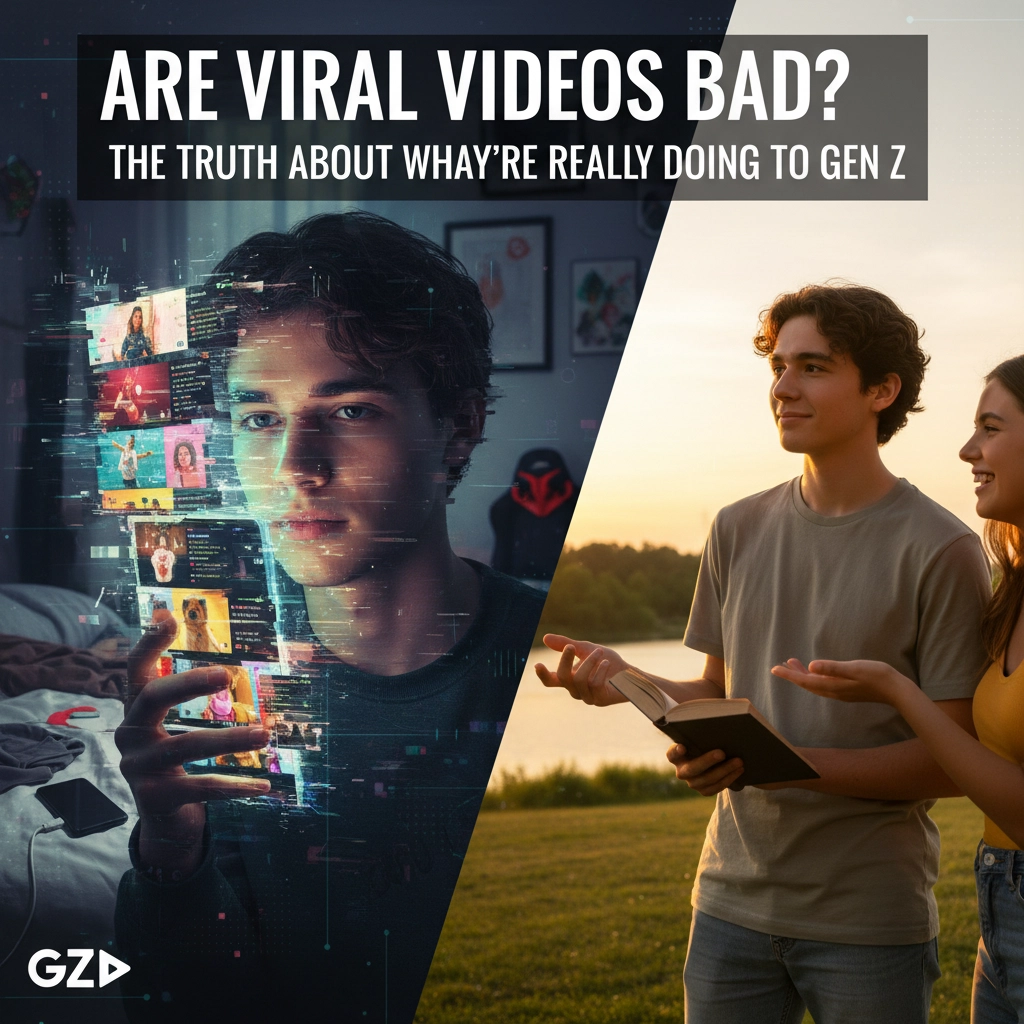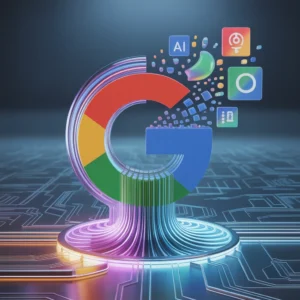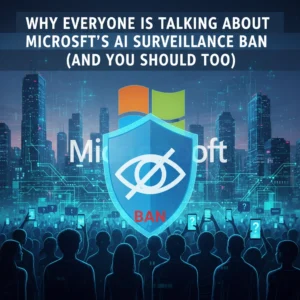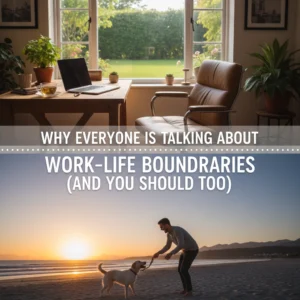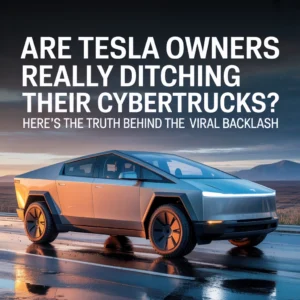Ever watched a TikTok and suddenly found yourself three hours deep in the rabbit hole? You're not alone. But here's the kicker – while everyone's busy pointing fingers at Gen Z for being "addicted" to viral videos, the real story is way more complex than you think.
The short answer? Viral videos aren't inherently evil. But they've created a wild ecosystem that's doing some pretty intense stuff to an entire generation. And spoiler alert: it's not really Gen Z's fault.
The Numbers Don't Lie – Gen Z Lives in Video Land
Let's start with the facts. A whopping 81% of Gen Z prefers short-form videos over images or text. We're talking about a generation that's basically rewired their brains for bite-sized content.
More than 90% of Gen Z and millennials are watching short-form videos on YouTube, TikTok, and Facebook. But here's where it gets interesting – 60% of TikTok's 150 million American users are Gen Z. That's not just entertainment; that's cultural dominance.

And it's not just for laughs. Nearly half of Gen Z gets their daily news from social media, and almost half discover new products and brands through these platforms. Short-form video has basically become Gen Z's primary way of experiencing… well, everything.
Think about it. When's the last time you saw a Gen Z person read a full article without watching a video summary first? This isn't laziness – it's adaptation to a completely different media landscape.
The Dark Side – When Viral Goes Wrong
Here's where things get sketchy. One in eleven Americans have actually experienced health problems after following advice from TikTok. We're talking real damage – from eye injuries caused by sun-staring challenges to questionable wellness practices promoted by people with zero medical training.
The scariest part? One in three people don't bother fact-checking wellness advice they get from TikTok. Even worse, one in ten think having lots of followers automatically makes someone trustworthy, regardless of their actual credentials.
The algorithm makes this worse. Once you follow accounts spreading bad information, you keep getting fed similar content. It's like being trapped in a misinformation echo chamber where:
• Conspiracy theories get millions of views because they promise "secret knowledge"
• Health misinformation spreads faster than actual medical advice
• Users never see fact-based alternatives to counter the bad info
• The "For You" page becomes an endless stream of increasingly extreme content
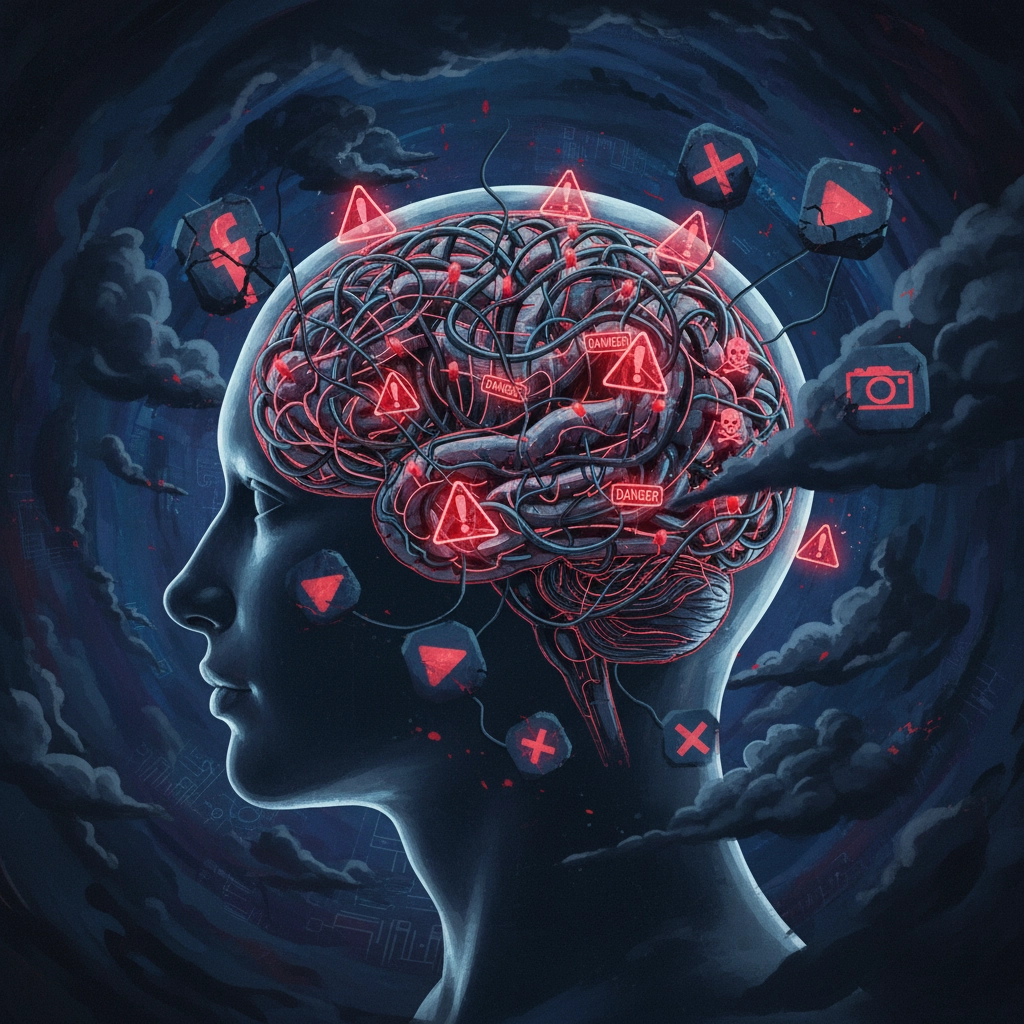
I know someone who spent weeks trying a "detox" routine they saw on TikTok. They ended up in the ER with severe dehydration. The creator? A 19-year-old influencer with no medical background whatsoever. But hey, they had 2 million followers, so it must be legit, right?
The Money Machine – How Viral Videos Became Shopping Networks
Here's what's really wild: TikTok has basically turned into the world's most sophisticated shopping channel, and most people don't even realize it.
52% of Gen Z discovers products through viral trends and creator reviews. That's translated into serious money – 48% of Gen Z consumers plan to buy more stuff through social media in 2025 compared to last year.
But it gets deeper. The algorithm doesn't just show you random videos. It's constantly learning what makes you tick, even tracking videos you watch without liking them. Then it serves up endless variations that make viral shopping trends feel organic and grassroots.

The platform's AI creates this perfectly curated media environment where every trend feels like genuine peer recommendation. But it's actually sophisticated manipulation designed to drive purchasing behavior. The house always wins, and the house isn't Gen Z – it's the corporations profiting from their attention.
Plot Twist – Gen Z Isn't the Problem
Here's where the narrative flips completely. All this hand-wringing about Gen Z being obsessed with viral videos? It's classic scapegoating.
The companies churning out addictive products, funding these platforms, and designing algorithms to maximize engagement? They're run by older generations, not Gen Z. These industries are literally exploiting young people's psychology for profit, then turning around and blaming those same young people for participating in the system they created.
Think about it. Gen Z didn't ask for algorithms that track their every move. They didn't demand platforms designed to be addictive. They didn't create a consumer culture based on manufactured viral trends.
They inherited this system and are just trying to navigate it. Meanwhile, the people who built it are pointing fingers and saying "kids these days" while counting their money.

The Other Side of the Coin
But here's the thing – viral videos aren't all doom and gloom. Educational short-form content grew 18% last year. Platforms like TikTok EDU are actually helping people learn complex topics in accessible ways.
85% of Gen Z engages more with authentic, low-fi videos compared to polished corporate content. That suggests this generation values genuine connection over manufactured perfection. User-generated content proves twice as effective with Gen Z as brand-produced studio footage.
Maybe the real issue isn't that viral videos are corrupting young minds. Maybe it's that we've built a system with incredible power to influence behavior, but we've put zero safeguards, fact-checking, or transparency requirements in place.
The truth is, viral videos are doing exactly what they were designed to do: capture attention, influence behavior, and generate profit. Whether that's "bad" depends on how responsibly we handle this unprecedented power over an entire generation's information environment.
So here's the real question: Instead of blaming Gen Z for consuming what's being served to them, shouldn't we be asking who's doing the serving – and why?

